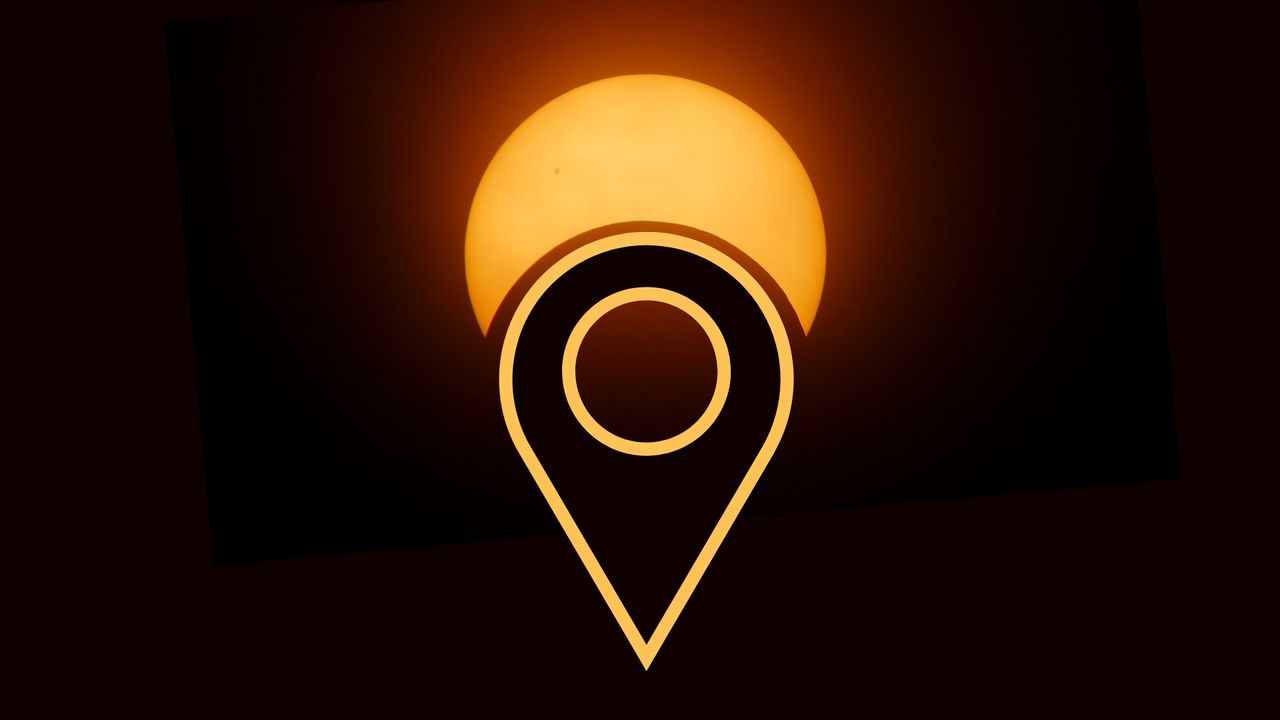Where will the partial solar eclipse be visible on Sept. 21?
PositiveScience

On September 21, a partial solar eclipse, known as the 'equinox eclipse', will be visible with up to 86% coverage in New Zealand, Antarctica, and parts of the South Pacific.
Editor’s Note: This eclipse is significant as it offers a rare opportunity for millions to witness a celestial event. The high coverage in specific regions makes it an exciting occasion for astronomy enthusiasts and the general public alike.
— Curated by the World Pulse Now AI Editorial System




